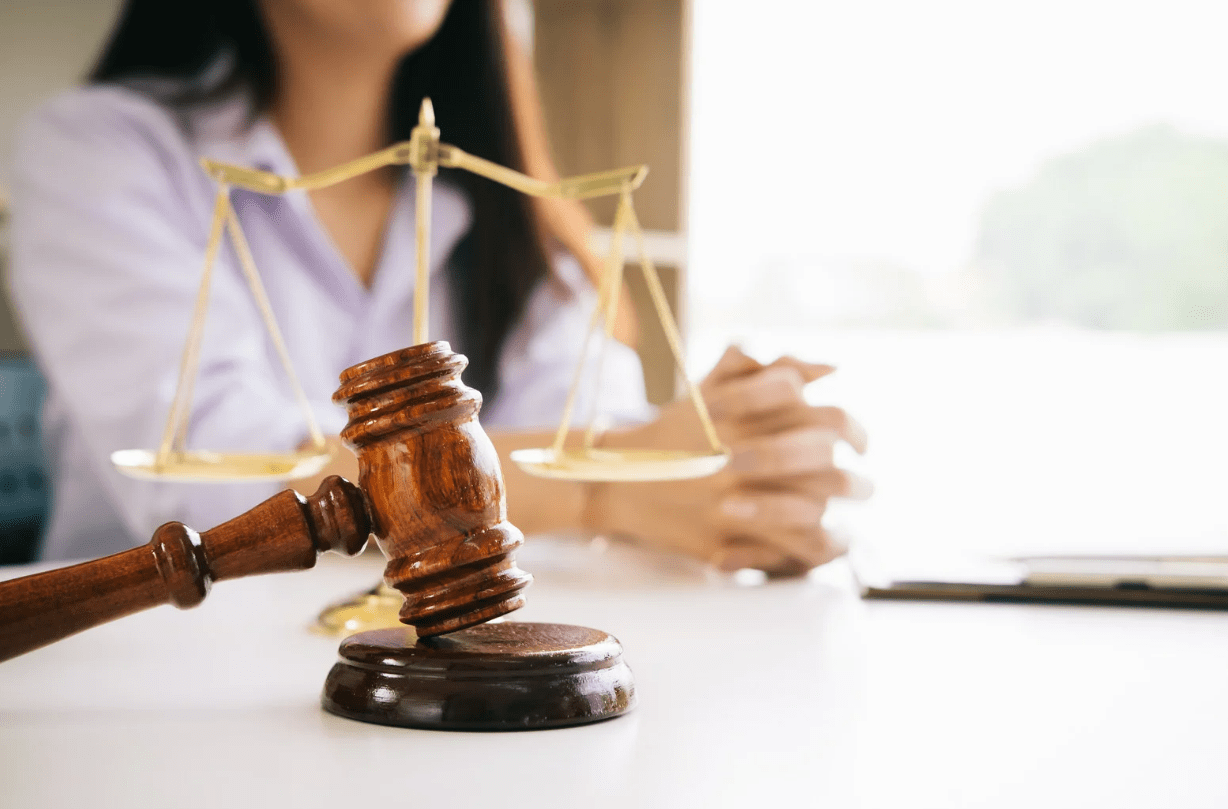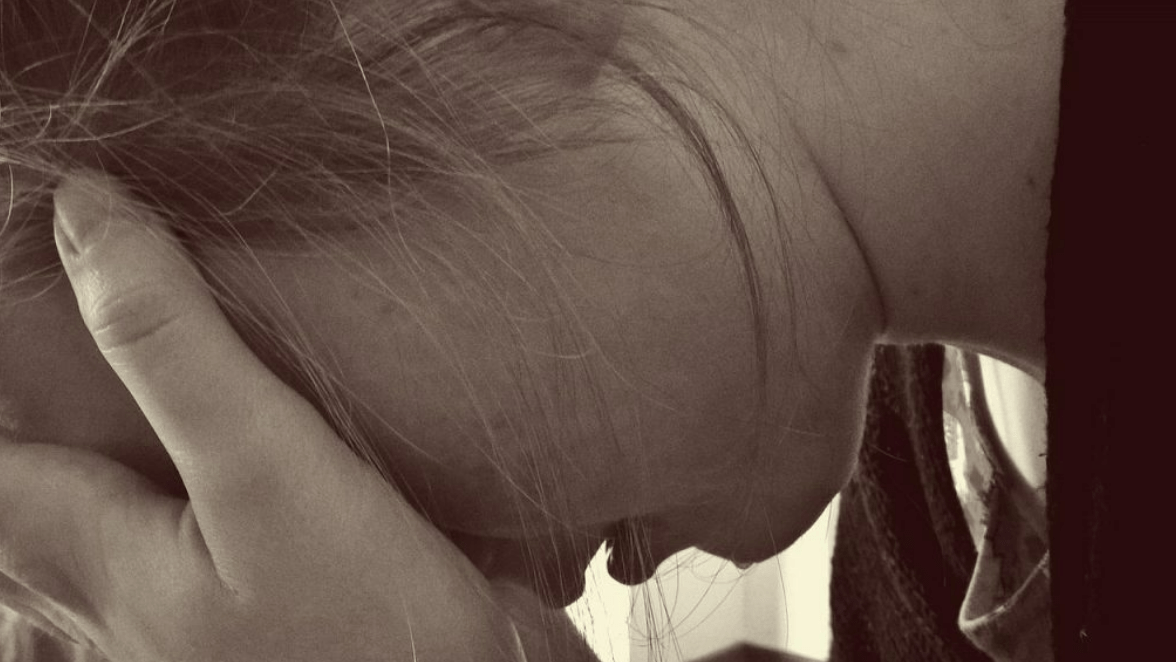Sexual assault is when a person commits sexual acts with a non-consensual partner. Though such acts occur daily across the United States, there are also several instances when a person is falsely accused of sexual assault.
Table of Contents
A sexual assault accusation can lead an individual to serious legal and reputational crises, and a conviction can lead to criminal charges, legal penalties, and social ostracization. With prosecutors trying to seek the maximum penalty for a conviction, it is advisable that the accused hires a criminal defense attorney to represent and protect them.
This blog lists the various ways someone accused of sexual assault can protect their rights and ensure their case is treated fairly.

1. Stay Calm and Avoid Rash Decisions
Being accused of such a heinous crime can take anyone aback, but letting emotions take control of one’s actions can make the situation much worse. People often get affected by false or exaggerated sexual abuse claims and take actions influenced by their anger, such as making threats or public statements.
The rash actions or threats the accused makes can be used against them. The best an accused can do when accused of sexual assault is stay calm and avoid tampering with anything related to the case or the accuser.

2. Hire an Experienced Defense Attorney
Sexual assault charges can lead to serious consequences, so hiring a legal expert is crucial. A criminal defense lawyer who specializes in sexual assault cases can help the accused take the right measures during the case. They could guide the accused on the following matters:
- Guidance on what to say and what not to say
- Avoid self-incrimination
- Build a solid defense strategy
The sooner a person hires a lawyer, the chances of a favorable outcome increase.
3. Gather and Preserve Evidence
An accuser can be anyone: a friend, partner, colleague, or just an acquaintance. People often try to cut ties with the accuser; the anxiety might even push them from deleting all proof of contact with the accuser. But such actions would just get the accused into more trouble.
Instead, what the accused must do is:
- Save and document all relevant conversations with the accuser, including texts, emails, call logs, etc.
- Collect all evidence that could contradict the accuser’s claims, such as alibis, witness testimonies, surveillance footage, etc.
- Keep a detailed record of the events, such as the date, place, and interactions.
4. Avoid Contact with the Accuser
People often try to talk things out with the accuser to better the situation or to just confront them about the same. However, this is something that could seriously damage the accused’s standing. Contacting the accuser in any way could be misinterpreted or used against the accused to prove their ill intent towards the accuser.
The best strategy to protect the accused’s rights and ensure justice prevails is not to attempt to communicate with the accuser. If communication is necessary, it should be done via a neutral party, and if the accuser attempts to contact the accused, the lawyer should handle it.

5. Manage Your Public Image and Privacy
Sexual assault cases can grab a lot of public attention, which can lead to serious damage to the accused’s public image and privacy. In the digital age, others might even exaggerate or shun the accused on various social media platforms, urging the accused to speak up.
Talking about an ongoing case with the public is always a bad move; it does more harm than good. The accused needs to adjust their privacy settings on their social media accounts to avoid misuse of their personal content, and only provide lawyer-approved statements.
6. Prepare for Legal and Professional Consequences
Individuals accused of sexual assault also need to prepare for the consequences that may come with being accused of such a crime, such as:
- Job termination
- Restraining orders and other legal restrictions
- Damage to personal and professional relationships
In cases where the sexual assault claim is false, the accused can work with their lawyer and plan for their next moves after being proven not guilty of the crime.
The lawyer could guide the accused on what they can do for specific consequences such as filing a defamation lawsuit to restore their reputation or negotiate a severance in case the accused is unfairly dismissed from their workplace.


